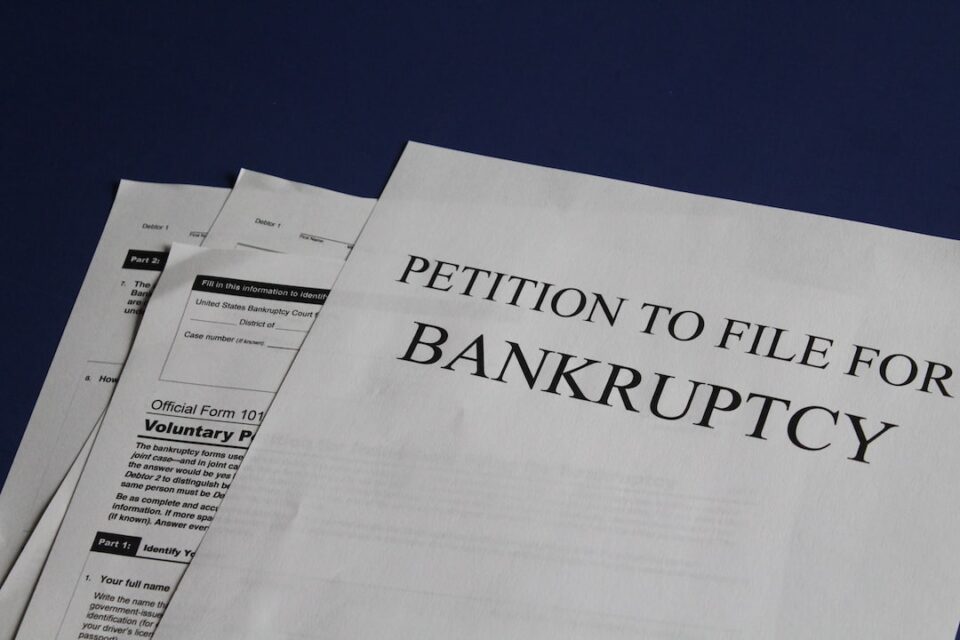The Impact of Intellectual Property Infringement on Businesses and Individuals
Intellectual property (IP) infringement has become a widespread issue in today’s interconnected world. From pirated movies and counterfeit brands to stolen software and plagiarized content, several businesses and individuals fall victim to the infringement of their intellectual property rights. The consequences of such infringement are far-reaching and can have negative implications on both businesses and individuals. In this blog post, we will explore the impact of IP infringement on businesses and individuals.
For businesses, intellectual property infringement can have severe financial repercussions. When a company invests resources, time, and effort in creating and developing intellectual property, it expects to reap the benefits of its exclusive rights. However, when someone unlawfully copies, duplicates, or sells their IP, businesses suffer significant financial losses. They not only lose out on potential revenue but also face increased competition from those infringing their IP, often resulting in a decline in market share and profitability. Moreover, the costs of pursuing legal action against infringers can be exorbitant, putting additional strain on businesses’ finances.
Furthermore, intellectual property infringement poses a threat to innovation and discourages businesses from investing in research and development. If companies are not confident that their unique ideas and creations will be protected, they may be reluctant to innovate, hindering progress and stifling economic growth. This ultimately affects consumers who are deprived of new and innovative products and services.
On an individual level, IP infringement can have adverse effects on creators, artists, and entrepreneurs. For creatives such as musicians, writers, and filmmakers, intellectual property theft can result in a loss of income and recognition for their work. When their original compositions or pieces are illegally reproduced or shared online, it undermines their ability to earn a livelihood from their talent. This has a demoralizing effect on artists, as it devalues their efforts and discourages them from continuing to pursue their creativity.
Moreover, intellectual property infringement can harm individuals working in industries that rely heavily on innovative ideas, such as technology and pharmaceuticals. These individuals invest their time and expertise in developing groundbreaking inventions and discoveries, only to have their work stolen or duplicated by others. This not only robs them of the credit and rewards they deserve, but it also undermines the incentive to continue pushing the boundaries of science and technology.
In addition to financial and personal impacts, intellectual property infringement also harms society as a whole. Counterfeit goods, for example, can pose serious health risks to unsuspecting consumers. From fake pharmaceutical products to substandard electrical goods, the infringement of IP rights can endanger public safety and security. Moreover, IP infringement contributes to the erosion of ethical standards and undermines the rule of law, as it allows for the promotion and sale of illegal and unauthorized products.
In conclusion, intellectual property infringement has substantial consequences for businesses, individuals, and society. The financial losses, stifling of innovation, and negative impact on personal livelihoods are just a few of the ramifications. It is imperative for governments, organizations, and individuals to take steps to protect intellectual property rights, both through legislation and increased awareness. Only through such collective efforts can we ensure a fair and thriving environment for innovation, creativity, and economic growth.

